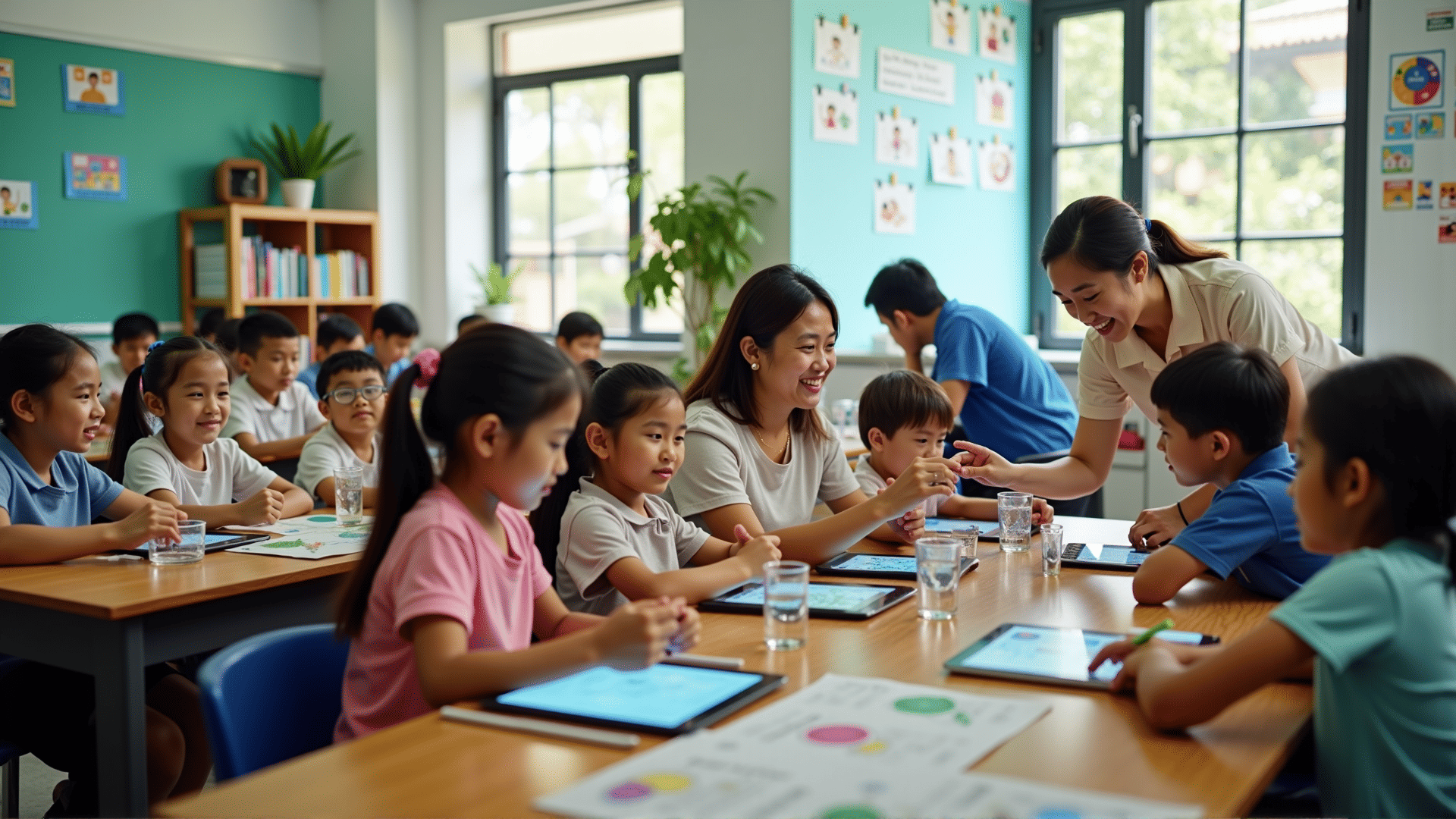In today's rapidly evolving world, the pursuit of education is a vital cornerstone for personal and professional development. To meet the diverse needs of learners and ensure that educational opportunities are accessible to all, various support programs have emerged, dedicated to enhancing both the reach and quality of education.
A key focus of these programs is the provision of resources that equip learners with the necessary tools and knowledge to thrive in an increasingly complex society. These resources range from digital platforms that provide online learning opportunities to traditional materials such as textbooks and learning aids. By leveraging technology, these programs break down geographical barriers, allowing learners from remote and underprivileged areas to access high-quality educational content.
Infrastructure also plays a pivotal role in enhancing educational accessibility. The establishment of community learning centers and libraries serves as a critical hub for educational engagement. These centers often provide free access to the internet, tutoring services, and workshops that cater to different age groups and learning needs. By creating a supportive and resource-rich environment, these facilities encourage continuous engagement with learning opportunities.
Another essential component of educational support programs is the promotion of a lifelong learning culture. In a world where skills and knowledge can quickly become outdated, fostering a mindset of continuous growth is essential. Programs often offer a diverse array of workshops and courses that allow individuals to update their skills, explore new interests, and adapt to changes in their personal and professional lives. Whether through vocational training, adult education classes, or skill-building seminars, the emphasis is on equipping individuals to remain adaptable and competitive in a dynamic world.
Moreover, partnerships with local communities and organizations are crucial in tailoring educational support to meet specific needs. Collaborative efforts ensure that programs are relevant and effective, with initiatives that address literacy, numeracy, and digital skills in alignment with the community's goals. These partnerships often empower local educators and volunteers, positioning them as catalysts for positive change within their communities.
In essence, educational support programs are a lifeline towards achieving equitable and inclusive education. By providing essential resources, establishing supportive infrastructure, and nurturing a lifelong learning ethos, these initiatives help individuals realize their potential and contribute meaningfully to society. Through collective effort and unwavering dedication, the vision of accessible and quality education for all becomes an attainable reality.
